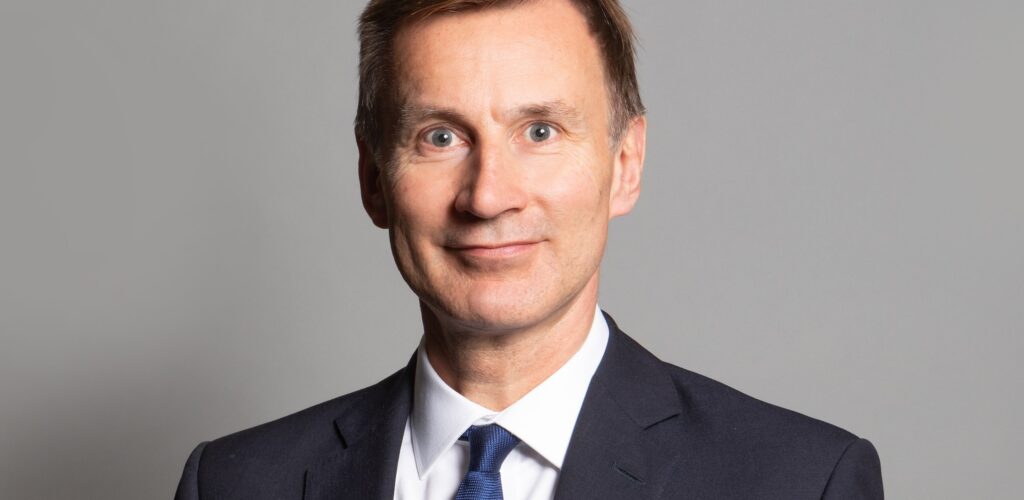Swoop looks at the big changes announced in the Chancellor’s Autumn 2022 Statement.
Jeremy Hunt has delivered his Autumn Statement at a time of rising inflation and interest rates, spiking energy costs and a global recession.
The Truss/Kwarteng budget blew a hole in the UK’s finances. Hunt proposes to fill it with tax rises calculated to be around £24bn, combined with around £30bn of spending cuts.
SMEs look set to bear the brunt of many of the changes as several perks and incentives for entrepreneurship look set to be phased out, cut back or removed.
Here are the major points of the Statement:
Dividends
Company directors currently have a tax free allowance on dividends of £2,000 per year. Next year, this will be reduced to £1,000 and then £500 the following year.
Capital Gains Tax
It would appear that Jeremy Hunt is not planning to increase CGT rates. This will be a huge relief to many business owners currently contemplating disposing of their businesses.
There is currently a Capital Gains tax (CGT) annual allowance of £12,300, on which an individual pays no tax.
The tax-free allowance will be halved to £6,000 for the 2023/4 tax year, with a further cut to £3,000 in the 2024/5 tax year.
CGT is payable on profits over the allowance at 10% or 20%. There is also an additional 8% CGT charge if the gain is from residential property.
R&D relief for SMEs cut from 130% to 86%
At Swoop we have long been cheerleaders for R&D Tax Credits. The new rules have made R&D less attractive to what is traditionally the UK’s most innovative and agile sector.
This move is being mooted as a consequence of certain companies being less than honest when claiming R&D cash back. Unfortunately, the Chancellor has chosen to reduce the incentive rather than tighten up the governance.
National Insurance
The Government has frozen the NI threshold until 2027-28, which will raise £5.8bn by 2028.
Companies have to pay 13.8 per cent in National Insurance contributions on earnings of all workers over £9,100 per year which means that companies will pay more over the coming years for each employee.
VAT frozen
The Chancellor promised that VAT will not change until 2026 – but with inflation, prices are going up, so more businesses will find themselves liable for VAT (calculated by revenue rather than profit) than before.
Investment zones scrapped
The UK’s 200 “investment zones” announced by Kwarteng, have been canned. These zones promised holidays on business rates and employers’ National Insurance contributions, and would’ve cost the Government £12bn a year in lost tax revenue.
Business support package of £13.6bn promised
The government is providing a £13.6bn package of business rates support, to help businesses manage one of their biggest outgoings. Further details of this package are yet to be released – we will keep you posted.
Energy Price Guarantee
The Energy Price Guarantee will be extended from April 2023 for 12 months. It is expected that the average household will pay £3,000, a £500 increase on their usual bill.
The government’s cap on energy prices will help customers hold on to more of their money, hopefully encouraging spending.
Staying the same while the world changes
The overall strategy that Hunt is showing is a careful balancing act. On one hand, by not putting up rates wherever possible he can say that he has not made draconian increases. On the other hand, by reducing allowances, he can suggest that he is cracking down on ‘perks’.
The reality is that by keeping things like the VAT and NI thresholds the same while the world changes, more businesses are being brought into the system.
Swoop’s webinar on the Autumn Statement: what you need to know
Following the Autumn Statement, Swoop hosted a webinar packed with insights from Andrea Reynolds and Ciaran Burke, Founders at Swoop. Watch it here.
#TeamSwoop
































 yet? Register here!
yet? Register here!